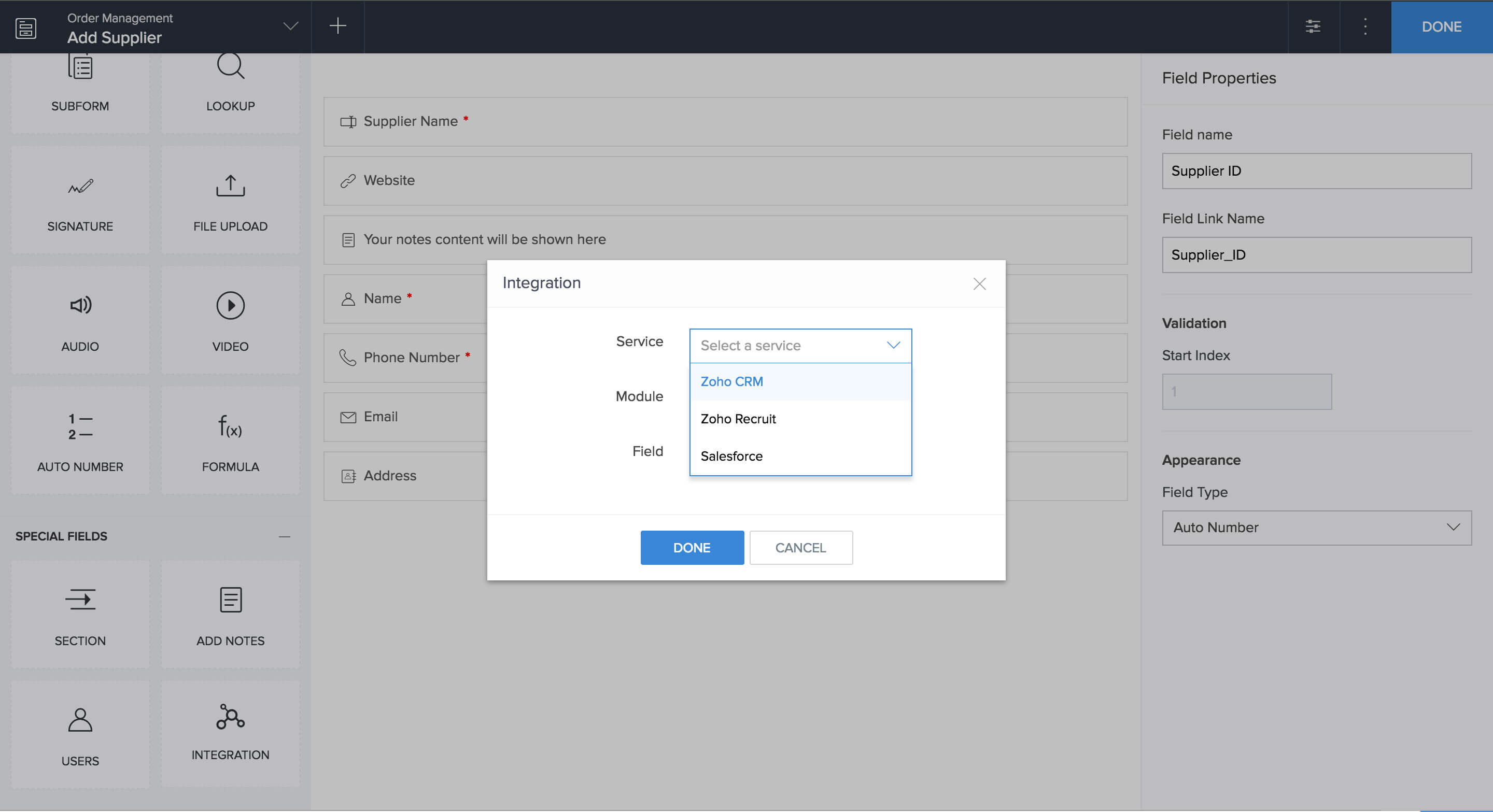


Investment in traditional systems is more on computers, hard drives, and other storage devices.Time consumed in editing, managing, and analyzing the data manually in traditional systems is much more than online databases and easier.A traditional database can be stored locally, files, external hard disks while online databases are stored on the internet.How it differs from traditional databases?Īn online database differs from traditional databases such as Oracle or MySQL in many ways: These databases come with improved features like email notification, collaborative editing, high performance and speed, interactive user interface, excellent security, and more. So, an online database is a type of database system that’s accessible from the Internet and not stored on a single computer locally, in a CD, or any other attached storage.Īn online database is hosted on sites and made available to users as a Software-as-a-Service (SaaS) product that you can access via your web browser. They are organized commonly in a table in rows and columns, making it easy to find and compare data.
#DATA CREATOR ONLINE FULL#
It may contain different types of data, including numeric, images, full text, etc. In this article, I’ll discuss some of the best online database solutions for businesses after discussing key aspects of these solutions.Ī database is used to collect information and organize it effectively to access, update, and manage data easily.
#DATA CREATOR ONLINE SOFTWARE#
In fact, you can even build your customized project management solution or build a new product using online database software from scratch. It offers more flexibility to your business and makes your database super easy and efficient. Yes, online database software can be an excellent solution for you. Issues start surfacing soon, including unending loading time, unresponsive pages, formatting issues, errors, and whatnot.Īll of these are annoying and major killers of your time and productivity, which you would never want. In addition, as your business starts growing with your data, you’ll realize how ineffective these traditional databases can be. Things become messy real quick whether you are a start-up that uses spreadsheets to track your leads or an enterprise that needs to manage data from various verticals of business processes. It’s because you may be dealing with large chunks of data, and spreadsheets might not be efficient to handle such a workload. Organizing your business data using spreadsheets can be frustrating sometimes.


 0 kommentar(er)
0 kommentar(er)
